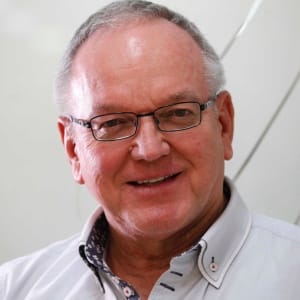

Thomas Julius Borody died on 6 October 2025.
Few know his discoveries changed the lives of millions, more than did any contemporary Australian.
Peptic ulcers were the medical tsunami of the 20th century. Barry Marshall and Robin Warren received the Nobel Prize in 2005 for recognising the association of Helicobacter pylori with duodenal and gastric ulcers at a time when all believed in the acid/pepsin digestion theory. They were unable to eradicate the bacteria, which would have proven causation. Borody discovered that the combination of bismuth, metronidazole and tetracycline eradicated H. pylori and cured 96 per cent of ulcers. 25 years later, it was estimated his triple therapy had saved 18,000 lives, 260,000 life years, 33,000 productive life years and more than $10 billion!
Borody’s second discovery was the critical role played by the gut microbiome in health and disease. In 1989, he showed the benefits of faecal microbiome transplantation (FMT) in a group of recipients with Clostridium difficile (a common life-threatening infection), inflammatory bowel disease and irritable bowel disease. FMT now cures C. difficile in over 90% of cases. Over the subsequent 25 years, 14,000 FMTs have been performed at the CDD, with Borody recognised as the ‘father’ of microbiome management.
The third discovery was triple antibiotic therapy in Crohn’s disease, claiming a cure by reducing the load of Mycobacterium avium s. Paratuberculosis (MAP).
His focus through the COVID pandemic was on developing triple therapy (ivermectin/doxcycline/zinc), consolidating ivermectin as the most effective anti-viral therapy.
Tom Borody never shirked controversy: science and patient outcome always trumped narrative. Two of the ten most cited papers in the Medical Journal of Australia over 90 years were by Borody; his DSc by thesis from full-time private medical practice was unique in contemporary Australia.
No patient was unimportant.
Emeritus Professor Robert Clancy AM FRSN